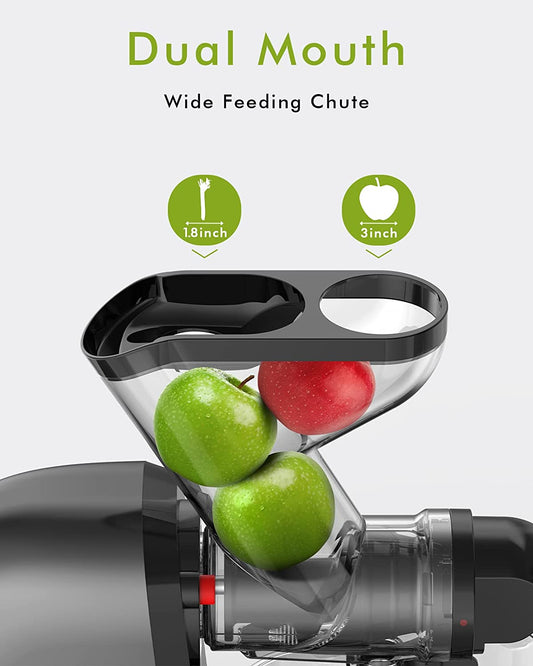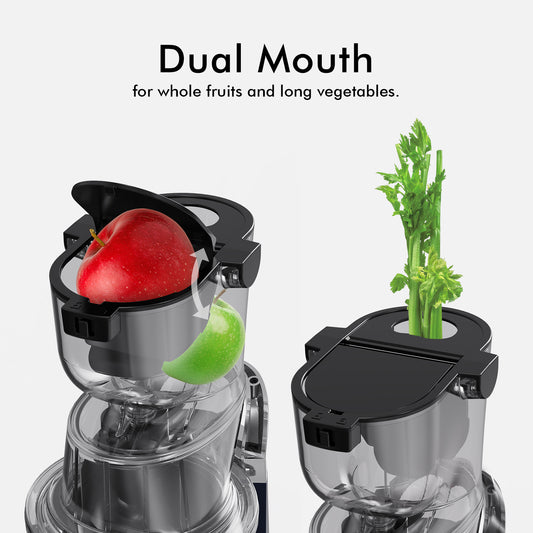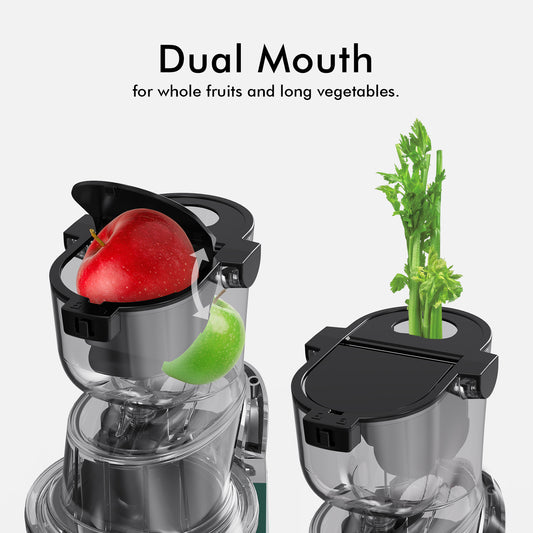1 Your eye health will get a boost.
If you had to name one nutrient in carrots, we're willing to bet you'd mention vitamin A. Over the years, carrots have earned renown for their high content of this micronutrient associated with eye health. So does eating these veggies really give you superhuman vision?
While it is true that vitamin A can support healthy eyes, it is important to note that the benefit is specific to decreasing risk of night blindness (the inability to see in the dark) and certain diseases of the eye.
Still, even though crunching on a carrot or two won't necessarily grant you instant eagle eyes, carrots' combination of nutrients does support eye health in general.
Lutein can help reduce the risk of developing macular degeneration. So, since carrots contain both vitamin A and lutein, they offer a one-two punch in the eye health department.
2 You could reduce your risk of certain cancers.
All that vitamin A isn't just a workhorse for your eyes—it also may play a role in cancer prevention.
Carrots are high in the vitamin A antioxidant beta carotene. Antioxidants protect our body from destruction from free radicals and may help prevent chronic diseases, including certain cancers.
Specifically, carrots have been studied for their effects on cancers of the breast, colon, and prostate, among others.
3 You might lose weight.
When you've got a jar of Ranch dressing crying out for something to dip in it, choosing carrots over, say, potato chips is clearly a smart move for weight loss.
Carrots are a weight-loss-friendly food, as they are fairly low in calories.
For your daily bit of crunch, swapping out fried or salty snacks for carrots may also keep you fuller longer, despite the veggies' lower calorie count.
A normal-sized carrot contains 1.7 grams of fiber, which accounts for 5 to 7.6% of a normal person's daily fiber needs. This high level of fiber promotes good gut health and a feeling of fullness for mindful eating.
4 You may improve skin health.
Want to maintain that youthful glow? A skin protector may lie in your veggie crisper.
While data is still emerging, there is some evidence to suggest that eating carotenoids may protect against sun damage. Carrots are a natural source of carotenoids, and thus may help protect the skin from sun damage. Plus, carrots contain vitamin C, which can help support collagen formation.
5 You'll strengthen your bones.
Carrots are not traditionally known for their bone-health benefits, but they offer a significant amount of two bone-supporting nutrients. Your bones are strengthened and supported by providing your body with calcium and vitamin K.
For the record, one cup of carrots contains 40 milligrams of calcium (4% of the recommended daily intake) and 15.8 micrograms of vitamin K (17.5% of the daily recommendation for women and 13.2% for men).
To be sure your body absorbs as much vitamin K as possible, pair your carrots with any kind of healthy fat.
Eating fat-soluble vitamins—like vitamins A and K—along with a source of fat can help the body absorb the nutrients. So drizzling some olive oil or avocado oil on some roasted carrots can be a smart choice for your overall health.
6 You could stabilize your blood sugar.
As veggies go, carrots are on the sweeter side (which is probably why even toddlers will eat them without complaints!). But in terms of raising your blood sugar, they won't have a serious impact.
Carrots contain natural sugars, hence their sweet taste. However, they have a lower glycemic index because they have a relatively lower amount of sugar and calories while high in fibers. That makes up a GI score of around 39. This will unlikely cause a sugar spike for diabetes patients.
Carrots can be a tasty addition to a smoothie. Simply add some carrot to your classic recipe for a boost of sweetness along with some key nutrients.
7 You might turn orange (yes, literally).
Eat too many carrots and you'll turn orange? It sounds like an urban legend (or something out of a horror movie), but it's actually true! The pigments in carrots' beta-carotene flow through your bloodstream—and, in excess, can make their way into your skin. Orange-tinged skin is more commonly visible in people with a lighter complexion and usually shows up first in areas of the body with the thickest skin, like the palms, elbows, and soles of the feet.
Fortunately, breaking out in all-over orange is quite rare, and doesn't pose any health risks.
It is not harmful and will go away after you stop overeating the carrots. So go ahead and enjoy your carrots, but watch out for this red—er, orange—flag that you're overdoing it.
Featured collection
-
Dual Mouth Masticating Juicer Max Gray
Regular price $129.99 USDRegular priceUnit price per$99.99 USDSale price $129.99 USD -
Dual Mouth Masticating Juicer Max White
Regular price $129.99 USDRegular priceUnit price per$99.99 USDSale price $129.99 USD -
Whole Fruit Cold Press Juicer Large Feed Chute Gray
Regular price $129.99 USDRegular priceUnit price per$149.99 USDSale price $129.99 USDSale -
Whole Fruit Cold Press Juicer Large Dual Mouth Blue
Regular price $129.99 USDRegular priceUnit price per$199.99 USDSale price $129.99 USDSale -
Whole Fruit Cold Press Juicer Large Dual Mouth Green
Regular price $129.99 USDRegular priceUnit price per$199.99 USDSale price $129.99 USDSale










